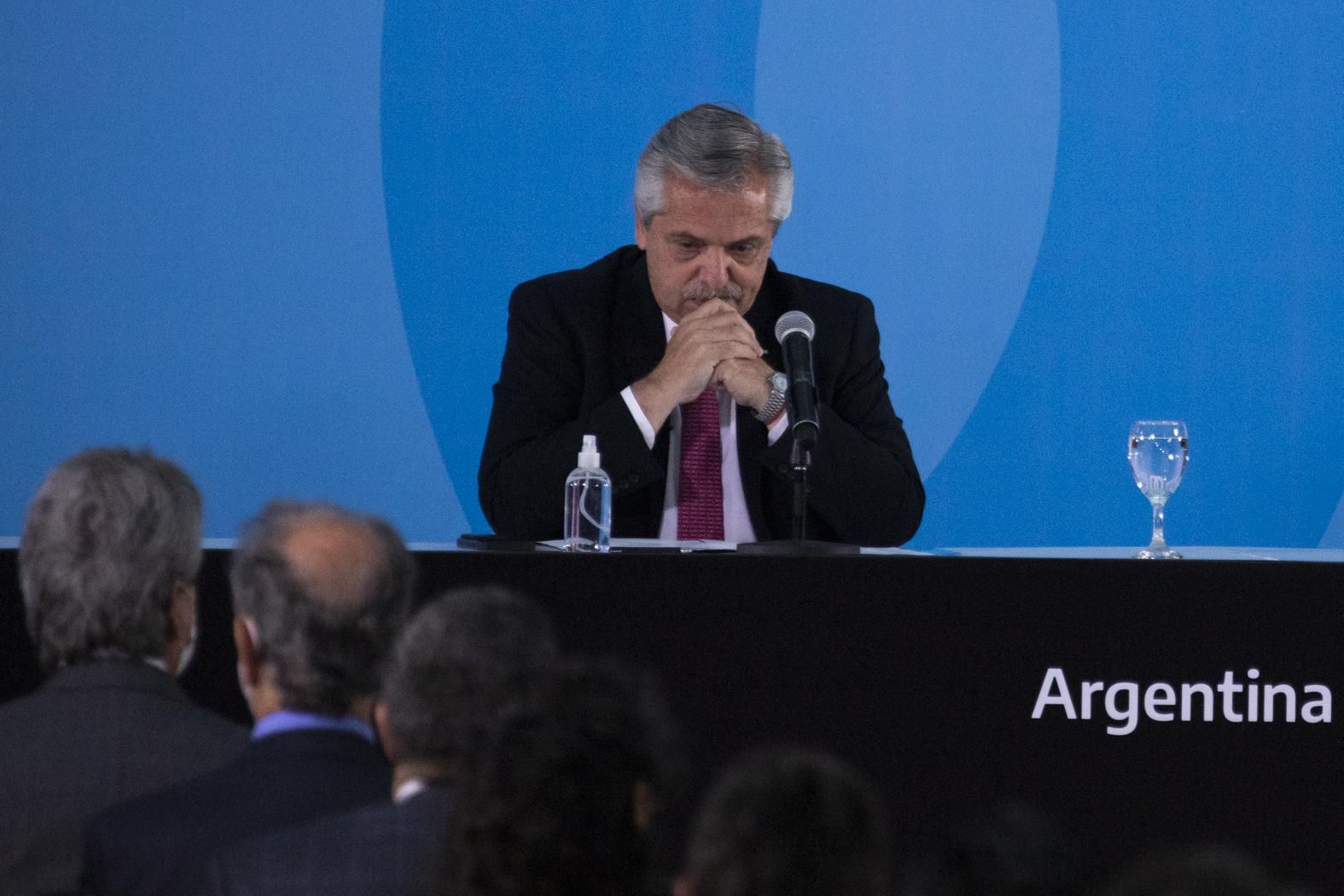Argentina votes, ruling party in deep trouble. Argentines go to the polls this coming Sunday to vote in the country's midterm legislative elections, with the ruling leftwing coalition of President Alberto Fernández bracing for heavy losses in both houses of parliament. The result will likely reflect the outcome of last September's primary elections, where the president's allies got clobbered by the center-right opposition. Since then, Fernández has caved to pressure from his powerful VP, former president Cristina Fernández de Kirchner (no relation), to double down on social spending and government intervention in the economy to curb skyrocketing inflation. But it hasn't worked: Fernández has capped prices on a whopping 1,432 products, yet annual inflation remains over 50 percent. Without a senate majority, it'll be very hard for the president to get much done in the second half of his term at the worst possible time: economists fear Argentina may stiff the IMF on part of the $45 billion it owes early next year. Another default could lead to a run on banks like in 2001, when the country suffered one of its worst financial crises ever. With presidential elections not on the horizon for another two years, buckle up for a lot of political instability until then.
More from GZERO Media
What We’re Watching: US and Russia’s peace framework, West Africa on edge, Iran asks Saudi Arabia to put in a good word with Trump
US and Russia reportedly draft new Ukraine peace framework
While the European Union has never been more critical, it is also facing a trifecta of divisive challenges.
In this episode of “Local to global: The power of small business,” host JJ Ramberg sits down with Chapin Flynn, Senior Vice President of Transit and Urban Mobility at Mastercard, and Mark Langmead, Director of Revenue & Compass Operations at TransLink in Vancouver, to explore how cities are making transit easier, faster, and more seamless for riders–an approach known as frictionless urban mobility.
The Trump administration is moving closer to military strikes inside Venezuela.
Graphic Truth: Europe tries to fill US void in Ukraine funding
With widespread AI adoption across sectors, its economic impact is no longer theoretical. It’s measurable. The result? New waves of innovation and a more AI-powered economy. Subscribe to Bank of America Institute for deeper insights on AI’s impact.
In this episode of GZERO Europe, Carl Bildt weighs in on the increasingly fragile future of UK Prime Minister Keir Starmer.
